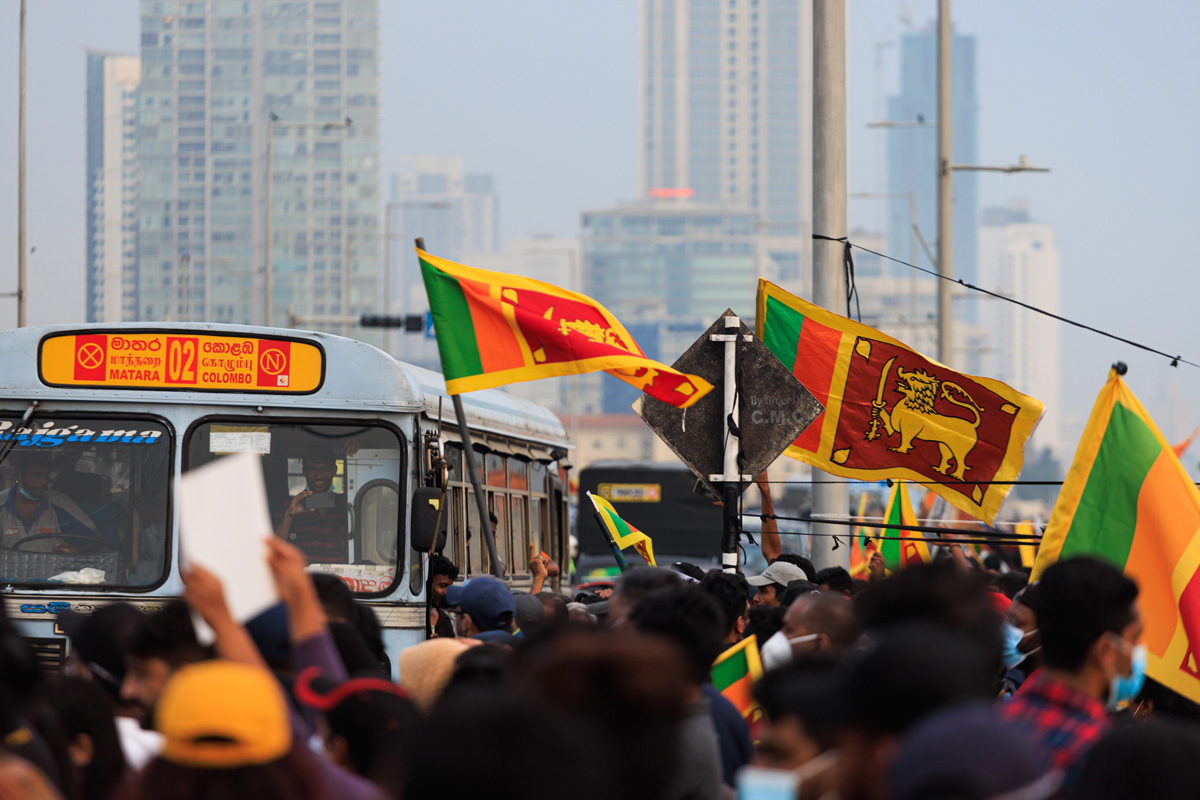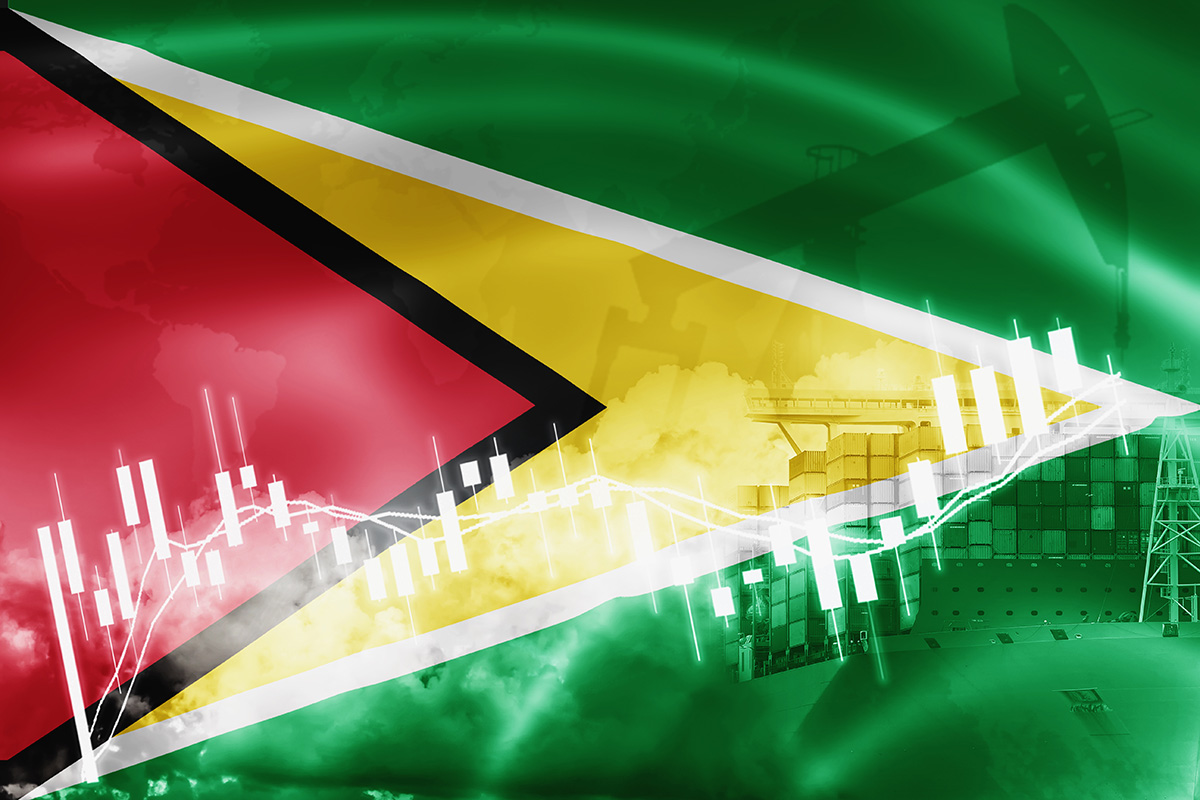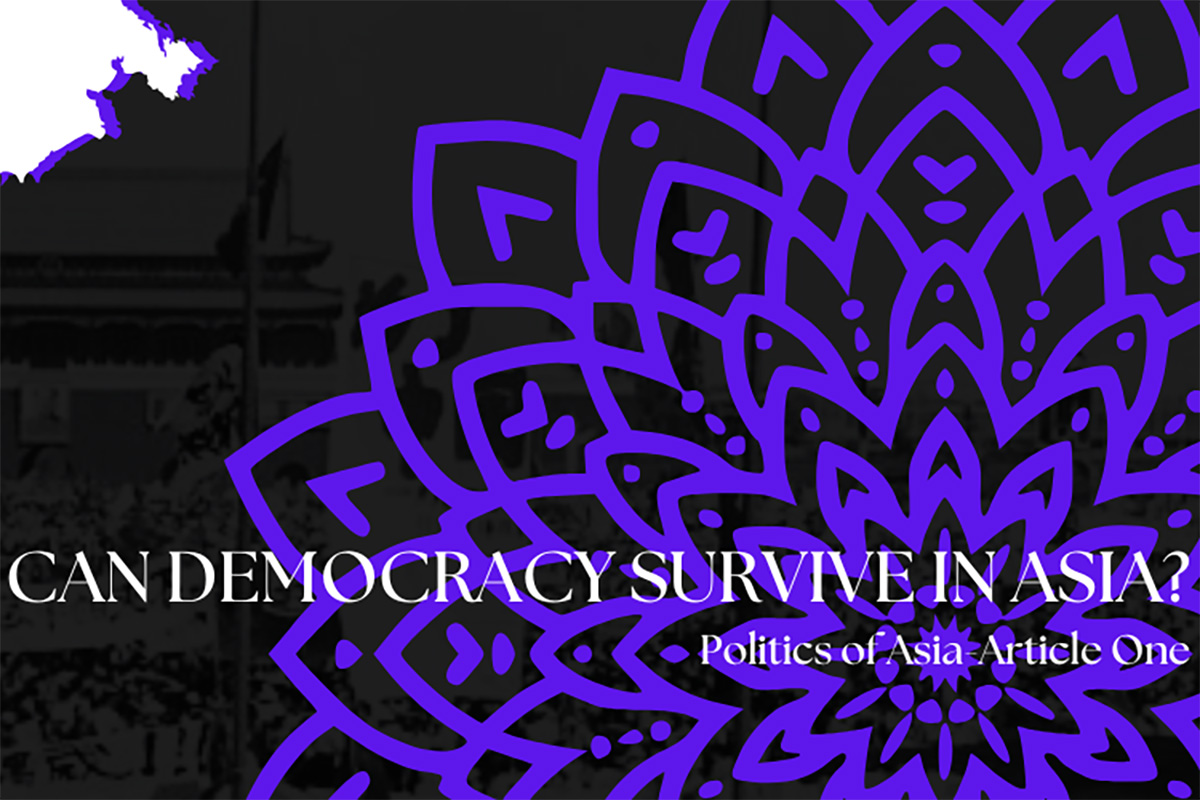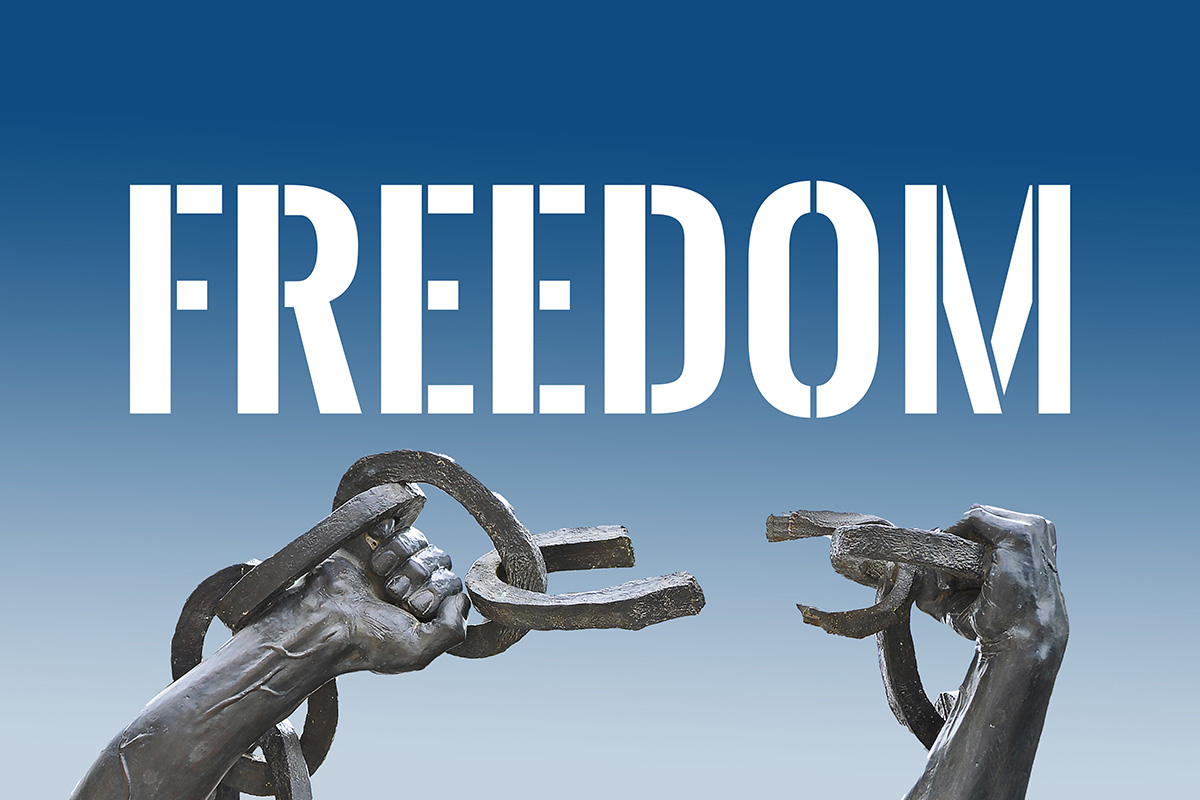A cyclic fall – Lessons from the Sri Lankan Crisis
October 22By Srishti Negi
On April 1, 2022, Gotabaya Rajapaksa declared a state of emergency after his home was besieged by thousands of protesters demanding his resignation amidst the economic turmoil faced in the country.
The crisis – anarchist and exploitive at its very core – united the formerly Civil War-ravaged country for the first time in many decades, with people taking to the streets against the economic situation in the country.
The crisis was anticipated as a result of the country’s ‘Twin-Deficit Problem’– which consists of both a budgetary deficit and a current account deficit in an economy (Bery, 2022).
It is rooted in Sri Lanka’s poorly directed ‘freebies’ which had adverse impact on its economy and the lingering effect of the COVID-19 crisis on the tourism sector which was one of the mainstays of its economy. Yet another reason is the Russo-Ukrainian War which led to a depletion of its foreign exchange reserves due to a catastrophic rise in crude oil prices. Other reasons include the failure of the move to shift from chemical fertilizers to organic farming and costly infrastructure projects that led the country to accumulate debt from the Chinese hands (Senanayake, 2022).
But perhaps the most interesting feature of the crisis is the impact of the Chinese Belt and Road Initiative (BRI) which is one of the most ambitious infrastructure projects ever conceived. Chinese President Xi’s vision includes creating a vast network of railways, energy pipelines, highways etc. both westwards and southwards of China (McBride, Berman and Chatzky, 2023). The Chinese ‘Debt-Trap Diplomacy’ has been a highlight of the debate around the crisis as the incurred defaults over the Chinese sanctioned loans- including the much-publicized Hambantota Port- have accumulated. (Ramakumar, 2022).
And as India’s neighbours including Nepal and Pakistan grapple with the ‘Chinese Debt Trap Diplomacy’- interesting lessons from the crisis emerge for India – the foremost being the question regarding the “Freebies Culture”. A very popular economics dictum – ‘There is no such thing as a free lunch’ sums up the problem of the fiscally irresponsible trend that the poll bound politicians follow (Paliwal,2022).
But perhaps the most important lesson from the crisis is the importance of ‘fiscal management in an economy’. The Sri Lankan politicians spent reckless amounts of foreign exchange, had unnerving borrowing habits and an undiversified foreign exchange inducing sector i.e., tourism (which was drastically affected during the pandemic) – which ultimately led to its fall (Sisodia, 2022).
But things are finally looking up for Sri Lanka. It secured a $2.9 billion package from the IMF in March 2023, renegotiated bilateral deals with its lenders and extended cash transfers to 1.5 million poor families (Srinivasan, 2023). However, the most important question remains – Will the short-term measures suffice or are long term structural changes sufficient to tackle the crisis and prevent more in the future?
The crisis in the island nation demands not only our attention, but also demands a reassessment of the faulty political and economic systems and practices (or rather malpractices) of the 21st century.






